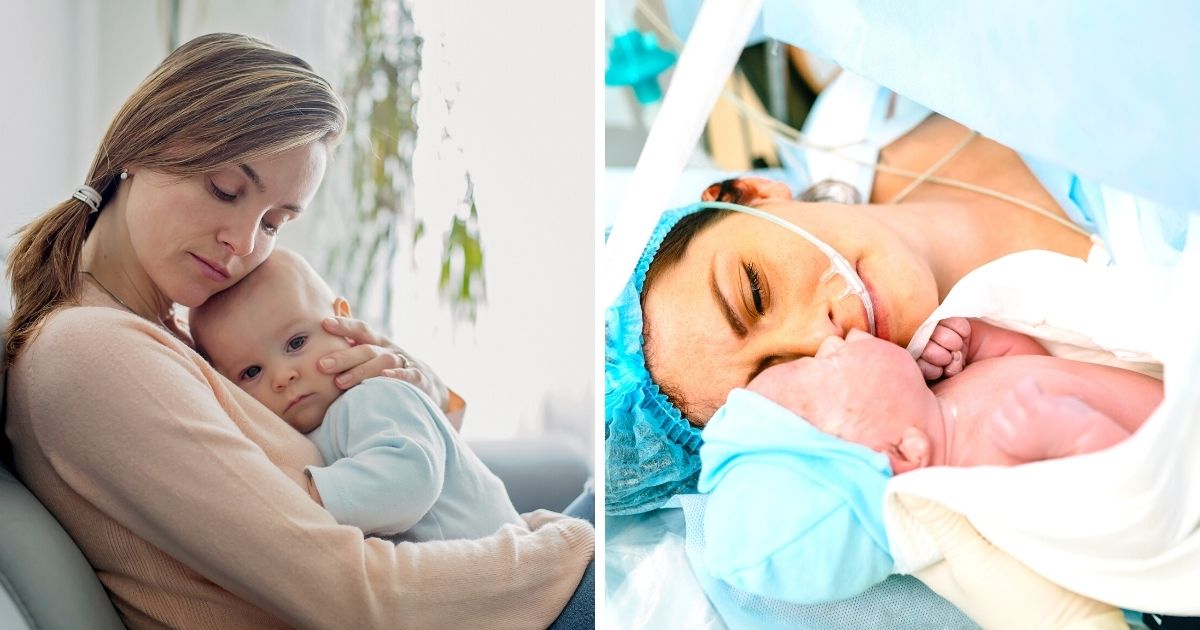Prematurely-born babies should be given skin-to-skin contact rather than being put in an incubator to improve their chances of survival, the World Health Organisation (WHO) has said.
Skin-to-skin contact, otherwise referred to as “kangaroo care”, involves wrapping premature babies in a sling so that they are in direct contact with their mother. The WHO previously recommended prematurely-born babies be placed in an incubator because they lack body fat and are often unable to properly regulate their body temperature.
However, new research has indicated that kangaroo care and immediate breastfeeding could save as many as 150,000 babies’ lives a year.
The WHO director, General Tedros Adhanom Ghebreyesus said “These guidelines show that improving outcomes for these tiny babies is not always about providing the most high-tech solutions”.
The guidelines are for any baby born before 37 weeks gestation or under 2.5kg at birth, except for those babies who need support with their breathing. These new guidelines should be particularly helpful for areas in which there is poor access to technology or electricity.
Around 15 million babies a year are born prematurely.
A study, published in the New England Journal of Medicine in 2021, found that during the first 28 days after birth, babies who received ‘immediate kangaroo mother care’ (iKMC) and continued skin-to-skin contact had a 25% reduction in their mortality rate compared to babies who did not receive iKMC.
The clinical trial took place in five university hospitals in Ghana, India, Malawi, Nigeria, and Tanzania, where, prior to the study, mortality for these babies varied from 20% to 30%.
In the study, 3,211 prematurely born babies were randomly assigned to two groups. The first received immediate kangaroo mother care (iKMC) and continued skin-to-skin contact at the neonatal unit. The second, a control group, received standard care, where mothers and babies are cared for in separate units and were only reunited during infant feeding.
During the first 72 hours, the babies in the first group received approximately 17 hours of skin-to-skin contact per day, compared with just 1.5 hours in the control group.
Mortality during the first 28 days was 12% in the iKMC group compared to 15.7% in the control group, a reduction of 25%.
Dr Rajiv Bahl, Head of the Newborn Unit at the WHO and the coordinator of the study, said “Keeping the mother and baby together right from birth with zero separation will revolutionise the way neonatal intensive care is practiced for babies born early or small”.
Right To Life UK spokesperson Catherine Robinson said “These new guidelines are wonderful news. If implemented, kangaroo care is likely to improve the survival rate for premature babies. It also shows the humanity of these babies.”











